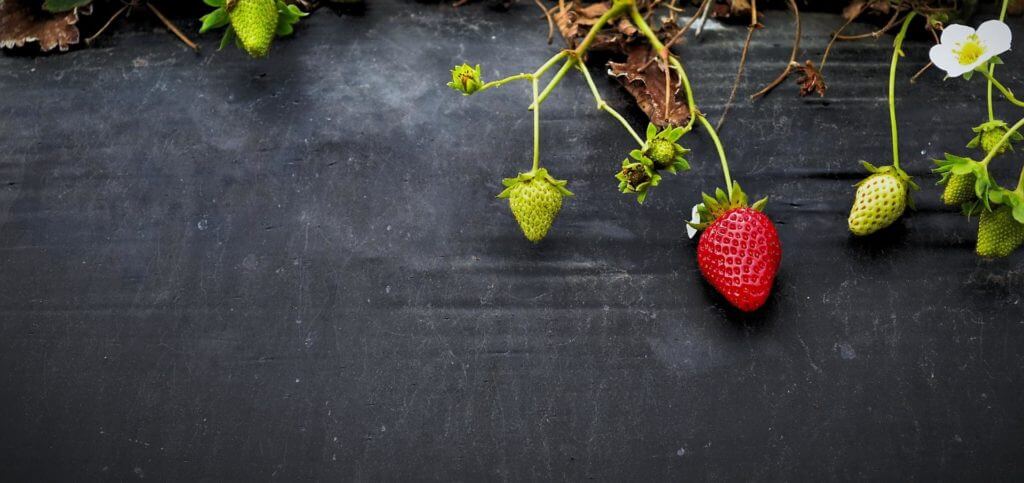AC will mark National Indigenous Peoples Day with strawberries and storytelling
Posted on Tuesday, June 19th, 2018

Algonquin College will join this week with other organizations, local and national, to celebrate National Indigenous Peoples Day.
On Thursday, June 21, the Mamidosewin Centre will host a storytelling event in the DARE District’s Indigenous Commons that highlights Indigenous traditions tied to the arrival of summer. It is open to the entire College community.
Entitled “Honouring the Heart-Shaped Berry,” the noon to 2 p.m. event will offer stories that relate the importance of harvesting strawberries as a symbol of new life as well as their value as a medicine for healing and reconciliation. Guests will enjoy strawberry drinks and desserts as they listen.
Algonquin’s celebration is one of several National Indigenous Peoples Day events in the National Capital Region on June 21. Others include:
- The Summer Solstice Indigenous Festival (June 21 to 24) in the Capital. The annual family-oriented attracts more than 40,000 visitors each year, reflecting the cultural diversity of Ottawa’s urban Indigenous community. Numerous First Nations, Métis and Inuit artists participate. This year’s event includes Indigenous Day Live on June 23.
- The Aboriginal veterans Ceremony of Remembrance at the National Aboriginal Veterans Monument in Confederation Park at 11 a.m.
- The Wabano Spirit Gala, entitled 13 Nokomis Moons, at the Ottawa Conference and Event Centre at 200 Coventry Road from 5 p.m. to 8:30 p.m.
- The National Gallery of Canada on Sussex Drive will offer visitors a chance to learn about the traditional Indigenous art of “birch bark biting,” a folk art practised by Anishinaabe, Odawa, Cree, and other Algonquin peoples in which small pieces of folder birch bark are bitten to create intricate patterns on the bark.
National Indigenous Peoples Day was established in 1996 by then Governor General of Canada Roméo LeBlanc in response to the urgings of Indigenous organizations. It was also a recommendation of the Royal Commission on Aboriginal Peoples in 1995.
The day is promoted as a way for Canadians to recognize the heritage, cultures, and contributions to the country of First Nations, Inuit, and Métis peoples.
Many Indigenous peoples and communities celebrate their heritage at this time because of the significance traditionally attached to the summer solstice as the longest day of the year.
- Posted in
- News
- Tags:
- DARE District, Indigenous, Indigenous Commons, National Indigenous Peoples Day